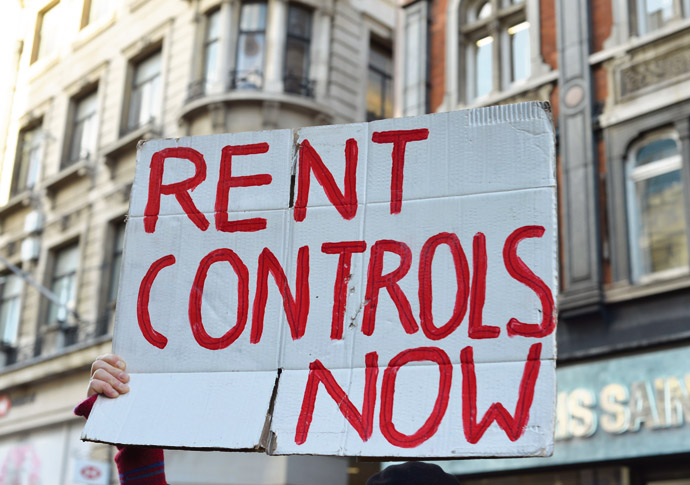Landlords’ short-term lets ‘hollowing out’ the capital
Campaigners say it’s wrong for so many lets to be used as holiday homes while Londoners face a housing emergency
Friday, 21st February 2025 — By Adrian Zorzut LDRS

London Renters Union campaigns for controls [London Renters Union]
CAMPAIGNERS have accused short-term let landlords of “hollowing out our city” after new data found one in 32 London homes were used as one in 2024.
Jae Vail, from the London Renters Union, said it was wrong for so many lets to be used as holiday homes while Londoners faced an “unprecedented” housing emergency.
It comes as new analysis by estate agents Savills, commissioned by a group of 12 London councils including Westminster, found that there were 117,000 homes listed for STL, short-term let, across the capital last year.
That amounts to one-in-32 homes.
Responding to the research, Mr Vail said: “While landlords get rich from this lucrative market, ordinary Londoners are forced to pay extortionate rents and face the threat of homelessness. The centre of our city is for everyone who lives here, not just tourists and the super-rich. “Government must put renters first and crack down on the proliferation of short-term lets.”
In London those wanting to rent their home for more than 90 nights a year must get planning permission from their planning authority.
Savills’s analysis found that more than half of the short-term lets in London were let for more than 90 days, leading to fears that many owners may be breaking the law.
This problem was particularly acute in Westminster borough where there are over 16,000 STLs, with almost 14,000 being whole properties.
According to the city council, over half of those are available for more than 90 days.
Income from STLs in Westminster borough is estimated to be £450million a year, which is equal to almost 18 per cent of the total private rental income in the area.
Council leader, Labour’s Adam Hug, said: “In Westminster alone, there are over 16,000 short-term rentals which detract from permanent, secure housing for residents.
“Councils in central London are working hard to enforce existing rules, but both further regulations, including a licensing scheme and greater resources, are needed to address this growing problem.”